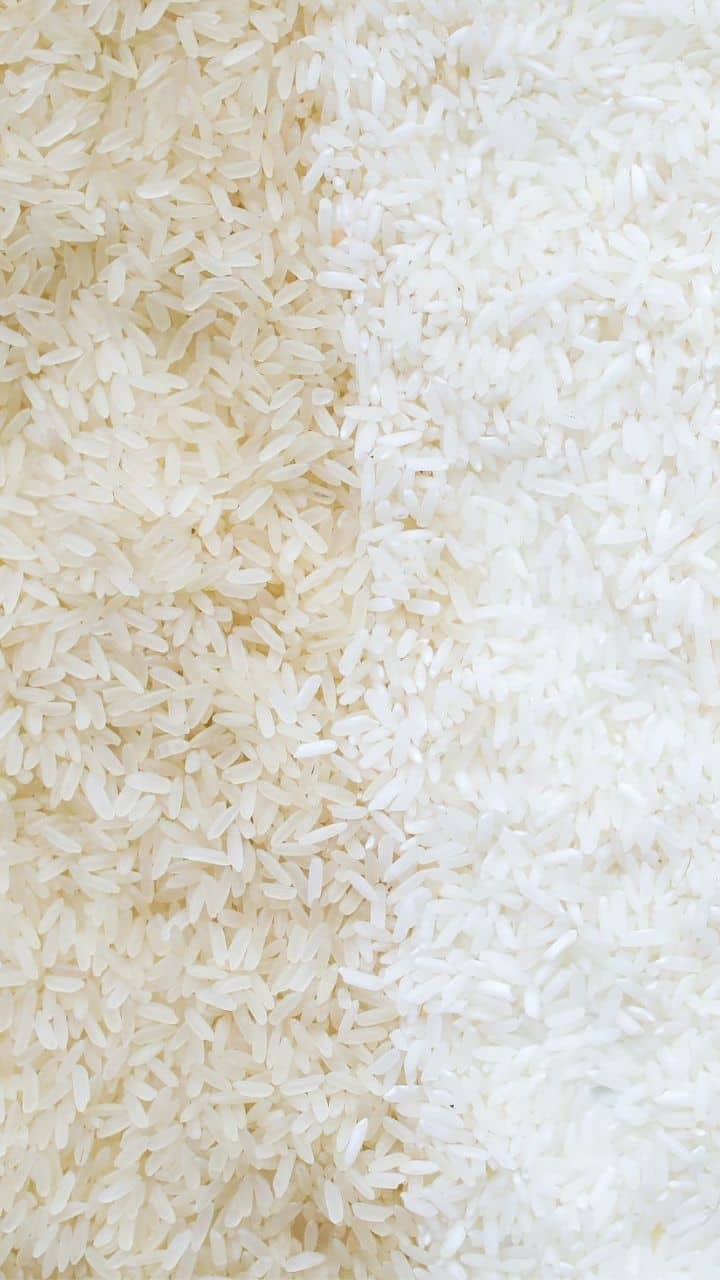
Brown Rice Vs White Rice - Which Is Better?

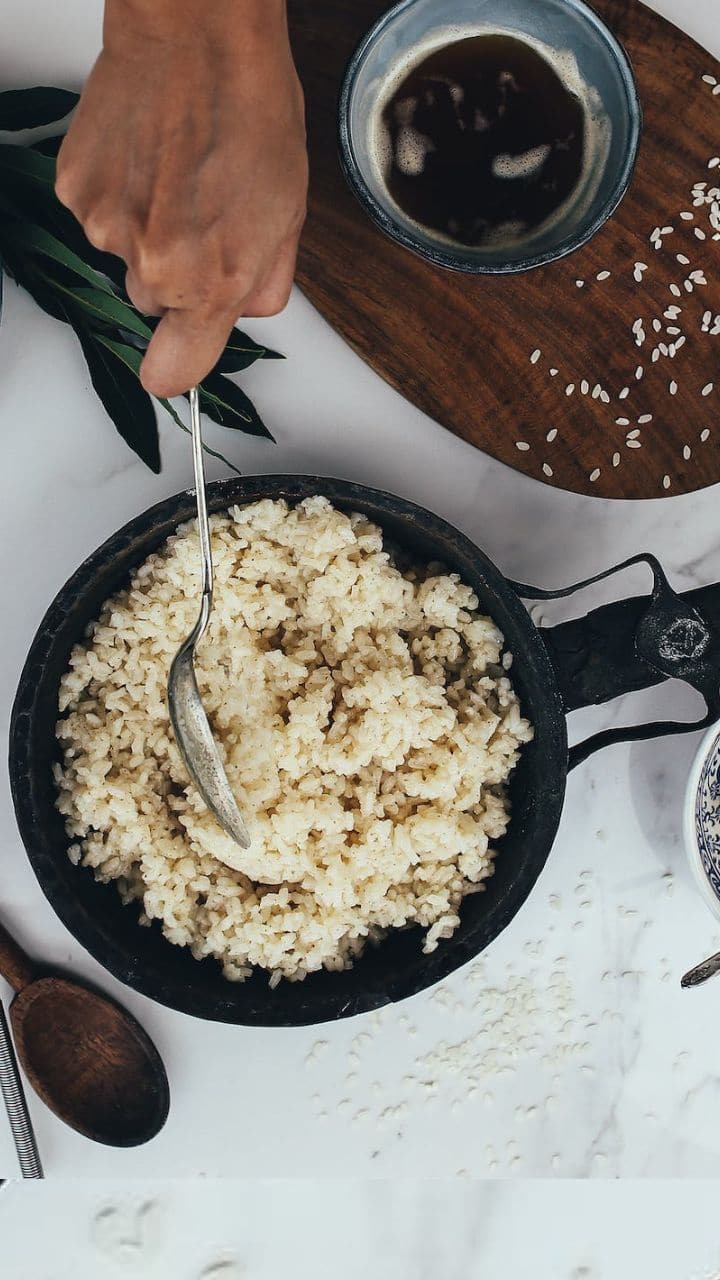
White Rice Or Brown Rice?
Should you pick white rice or brown rice, keeping health in mind? This is a constant debate that especially finds importance in a country like India where rice is a staple. Let's find out.
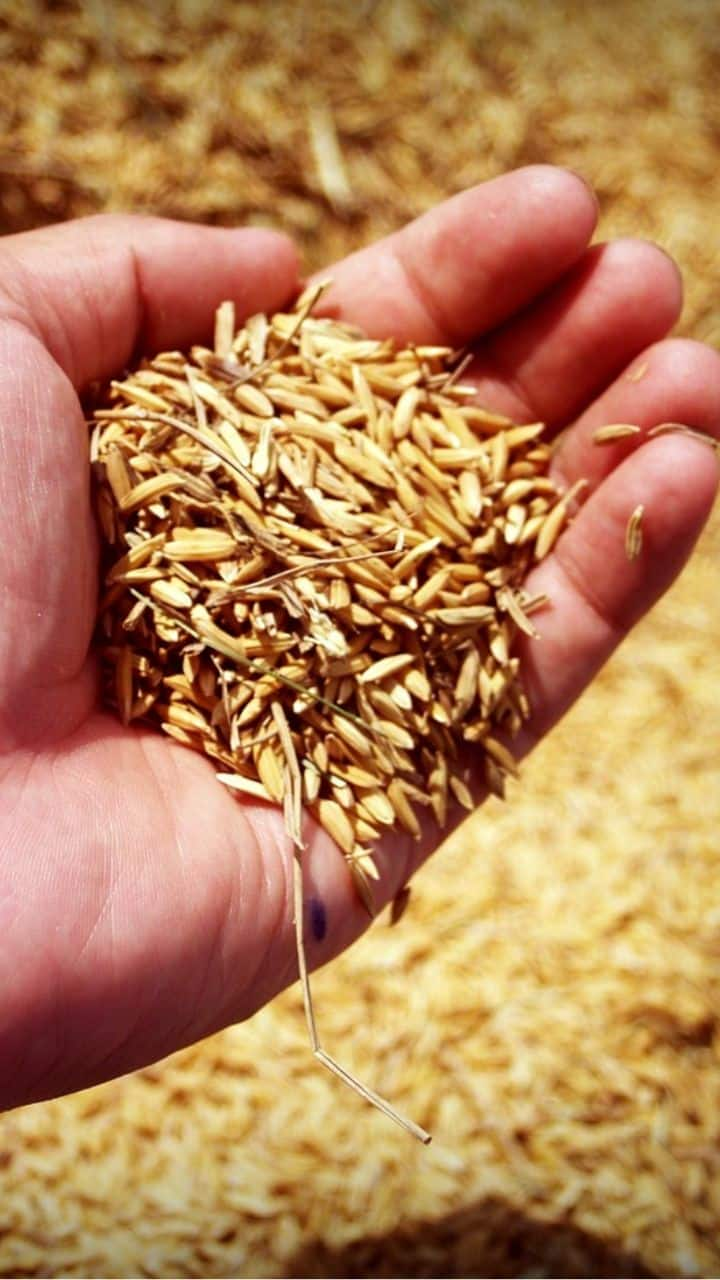
Nutrient Rich
Compared to white rice, brown rice has a slight advantage with respect to nutrient content. Brown rice has more fibre, antioxidants, vitamins, and minerals. But do note, the difference is not significant.

Impact On Blood Sugar
Brown rice totally leads the race here. Many reports and studies suggest that magnesium and fibre-rich brown rice is good at controlling blood sugar levels and lowers Type 2 diabetes risk. Excessive consumption of white rice is discouraged if you have diabetes.

Heart Healthy
Again, brown rice consumption can help reduce several risk factors for heart disease, say studies. It is said to have a positive impact on cholesterol and blood sugar levels.

Weight Control
Rich in dietary fibre and disease-fighting antioxidants, brown rice is known to boost metabolism, improve gut health, keep calories in check and overall aid in weight loss.
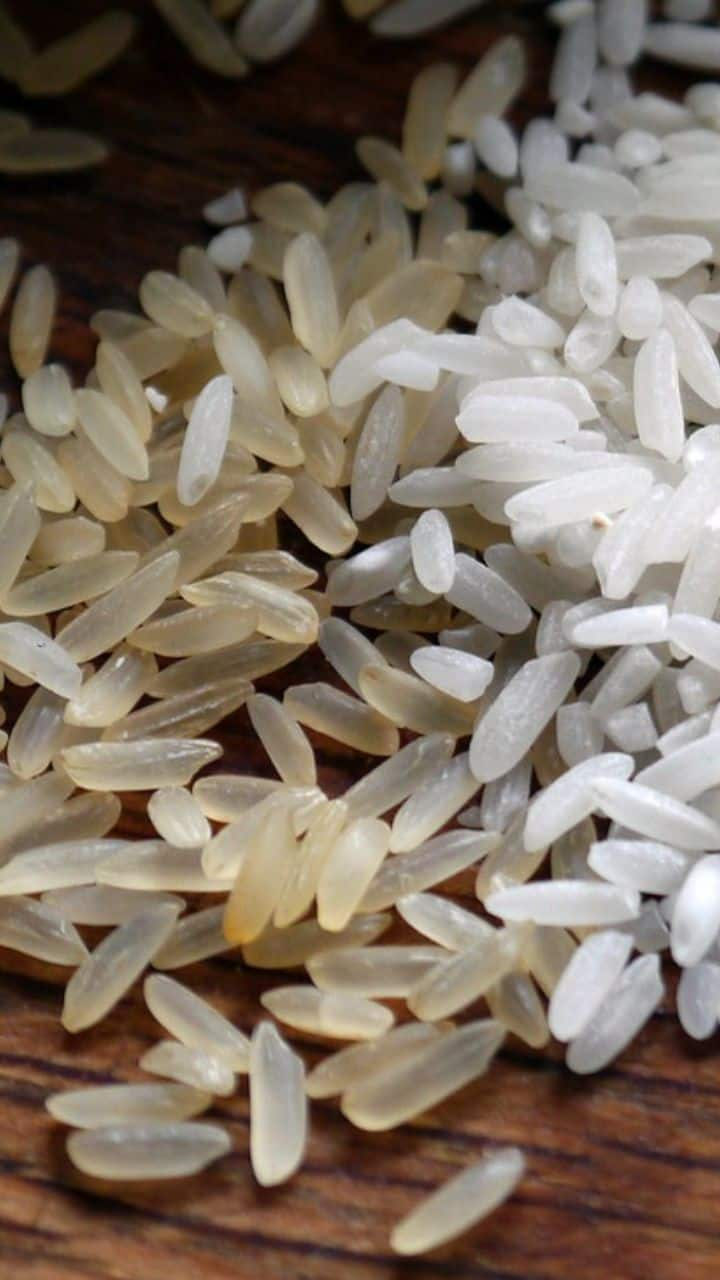
Easy To Digest
White rice has an edge here. Especially if you have stomach issues and/or suffering from gastrointestinal problems, white rice can be a better option as it's easy on the stomach.
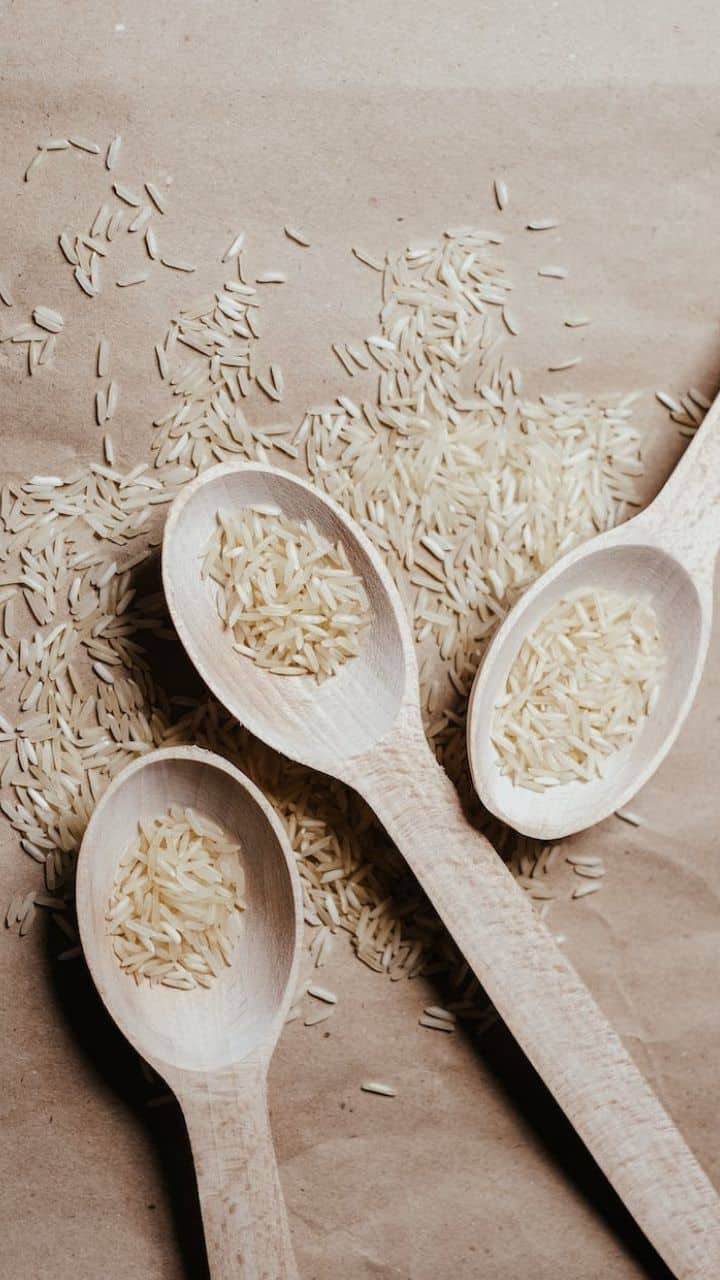
Ideal Before Workout
As white rice contains simple, easily digestible carbs, you should go for it if you are planning to work out within an hour or two of having a full meal.
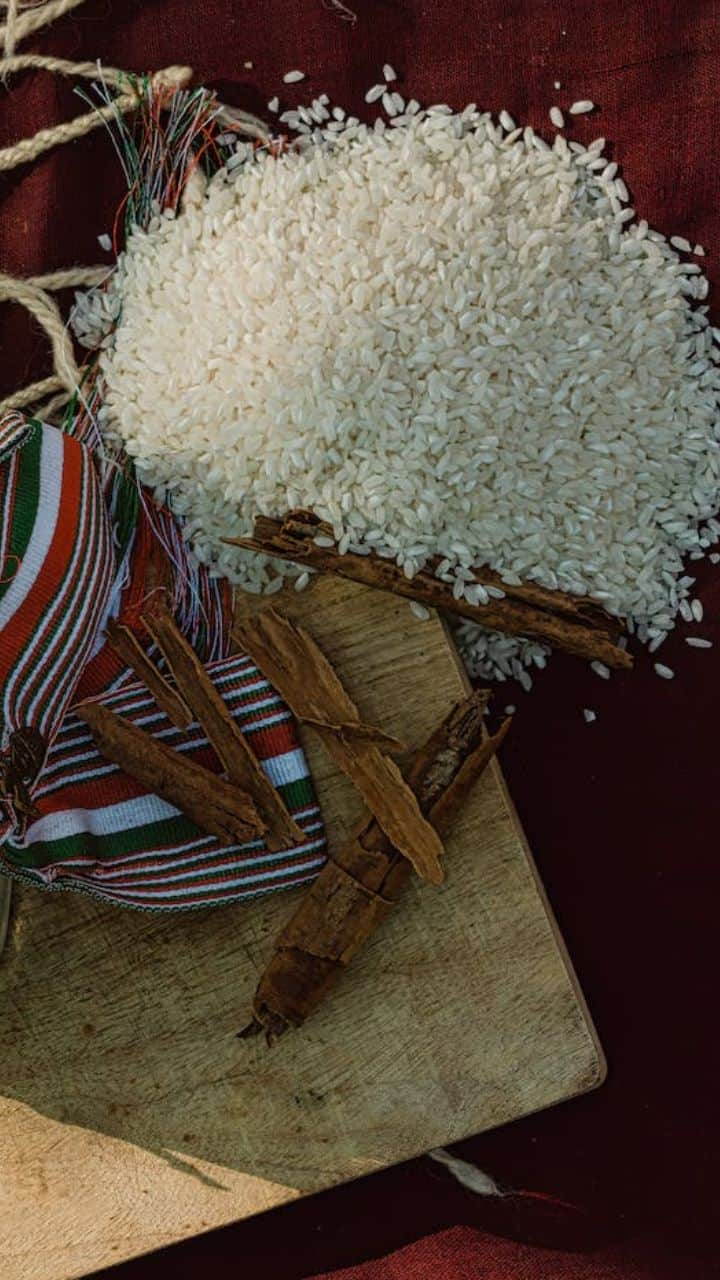
Price Factor And Shelf Life
Brown rice might have added health benefits but it's more expensive and has a shelf-life of around six months. Meanwhile, you can store white rice in air-tight containers for even two years and it's far more economical.
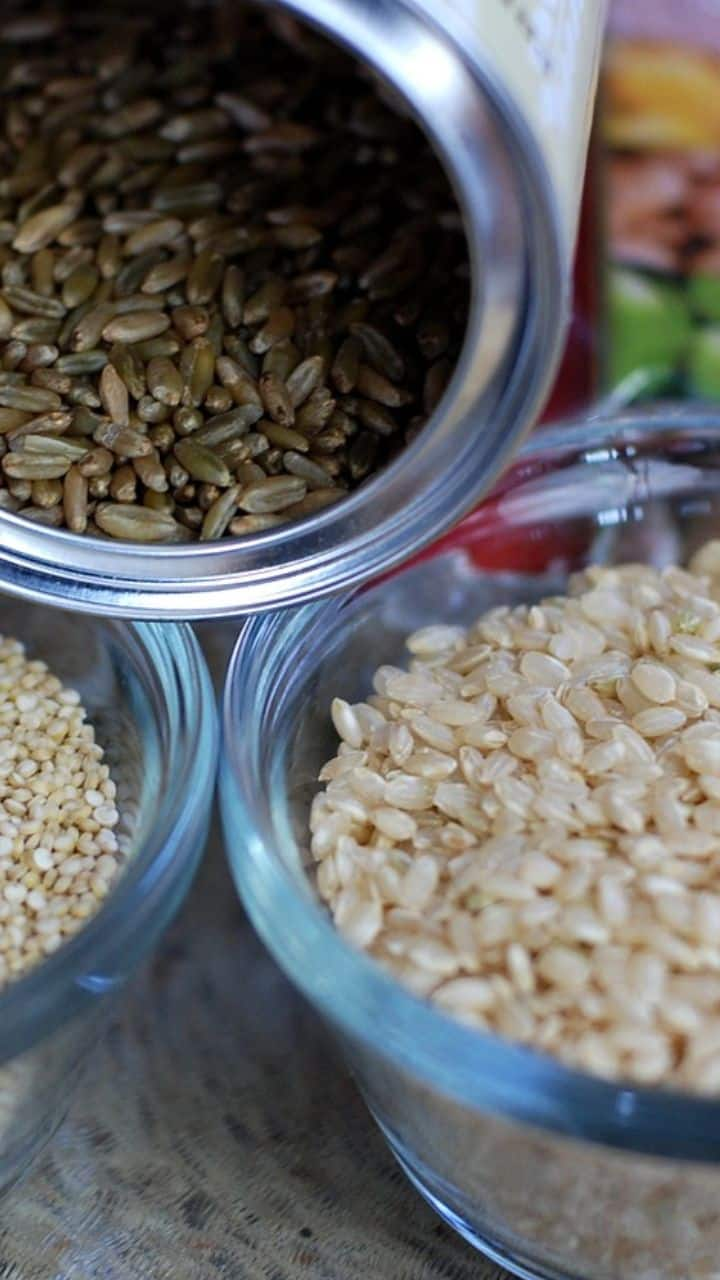
Brown Or White Rice: Final Verdict
As many experts point out, choosing brown or white rice does not have to be black and white. Consider your needs and what's feasible, and make a choice. If you have specific health concerns, always check with a doctor or professional nutritionist.
